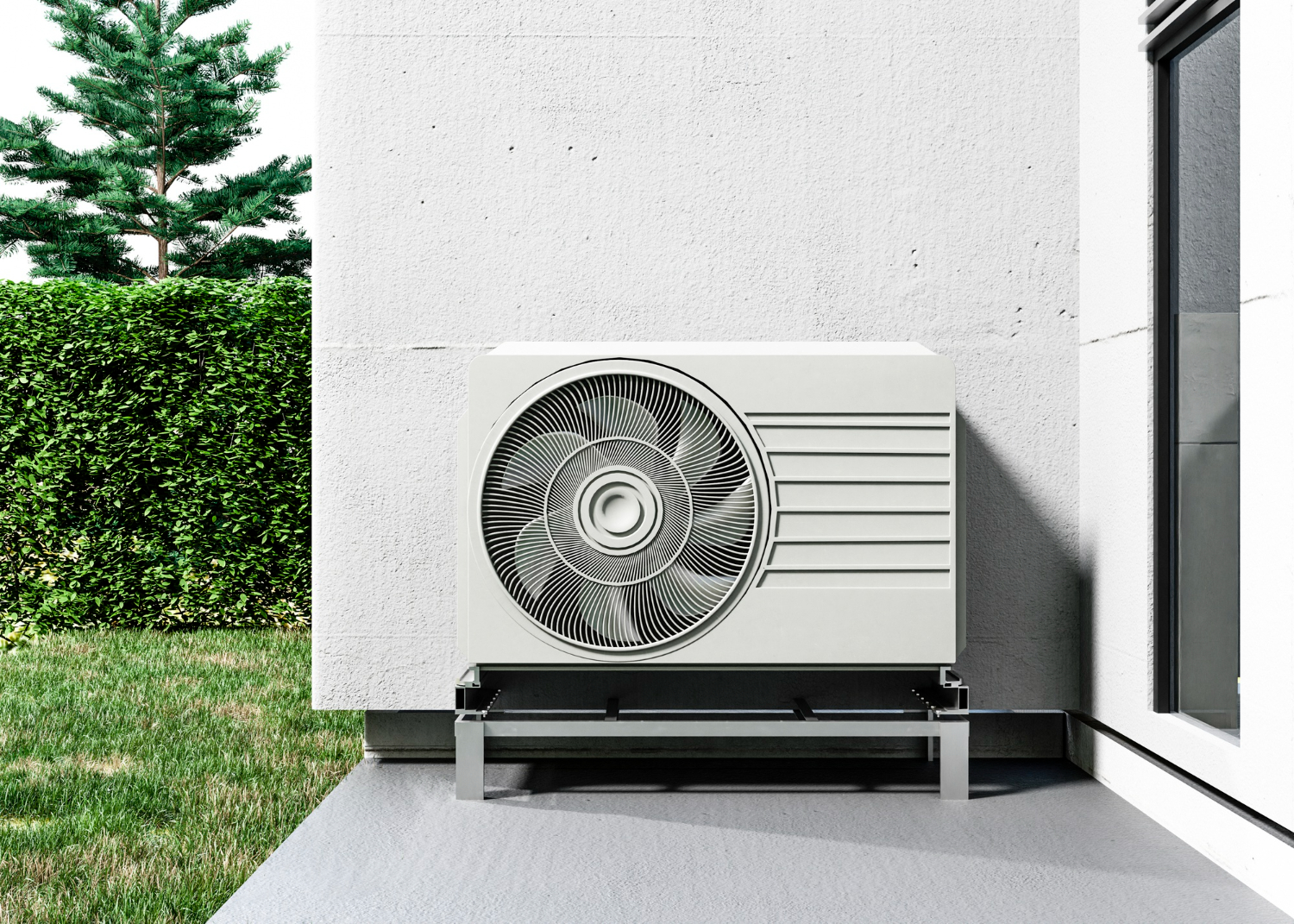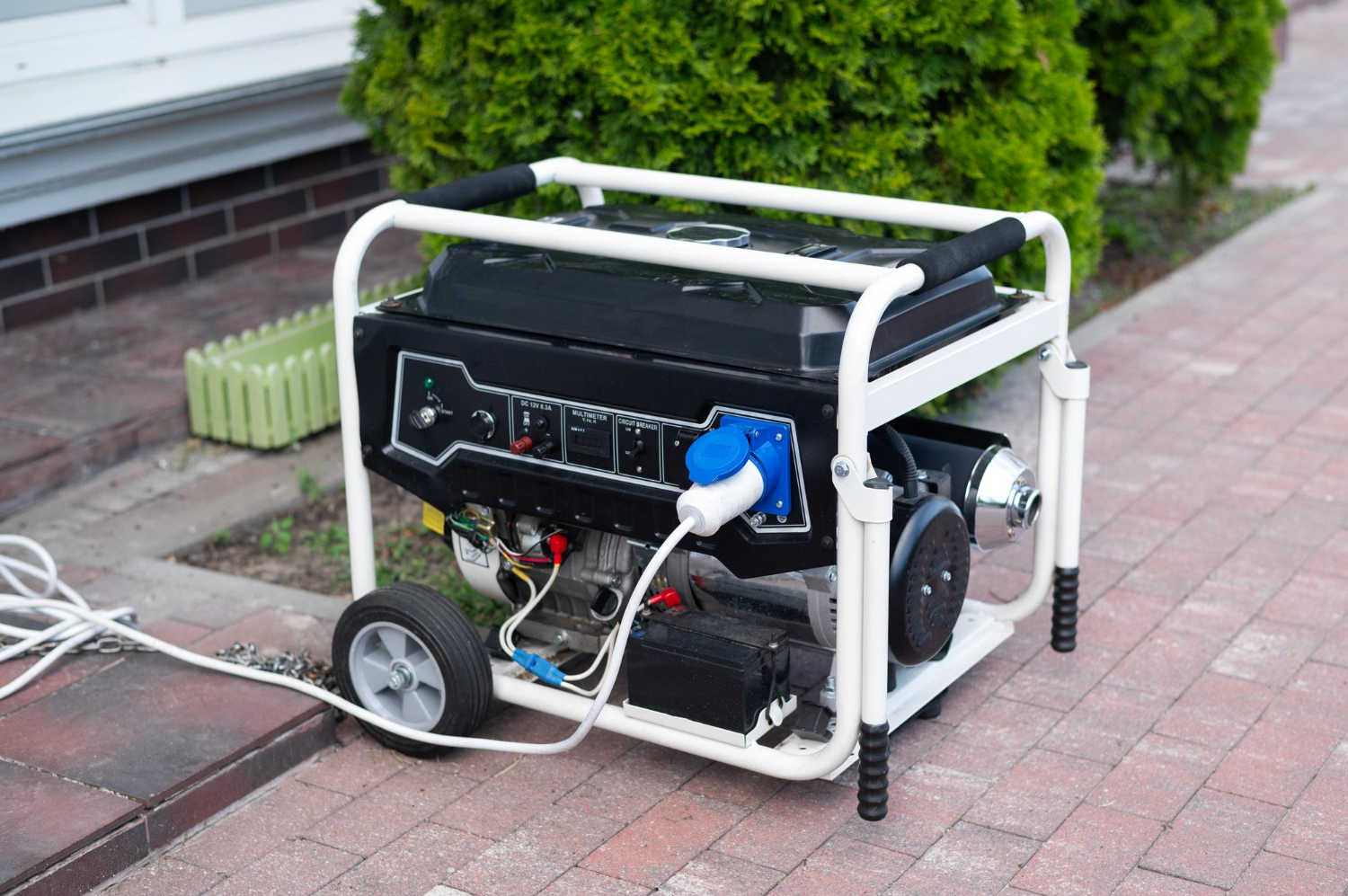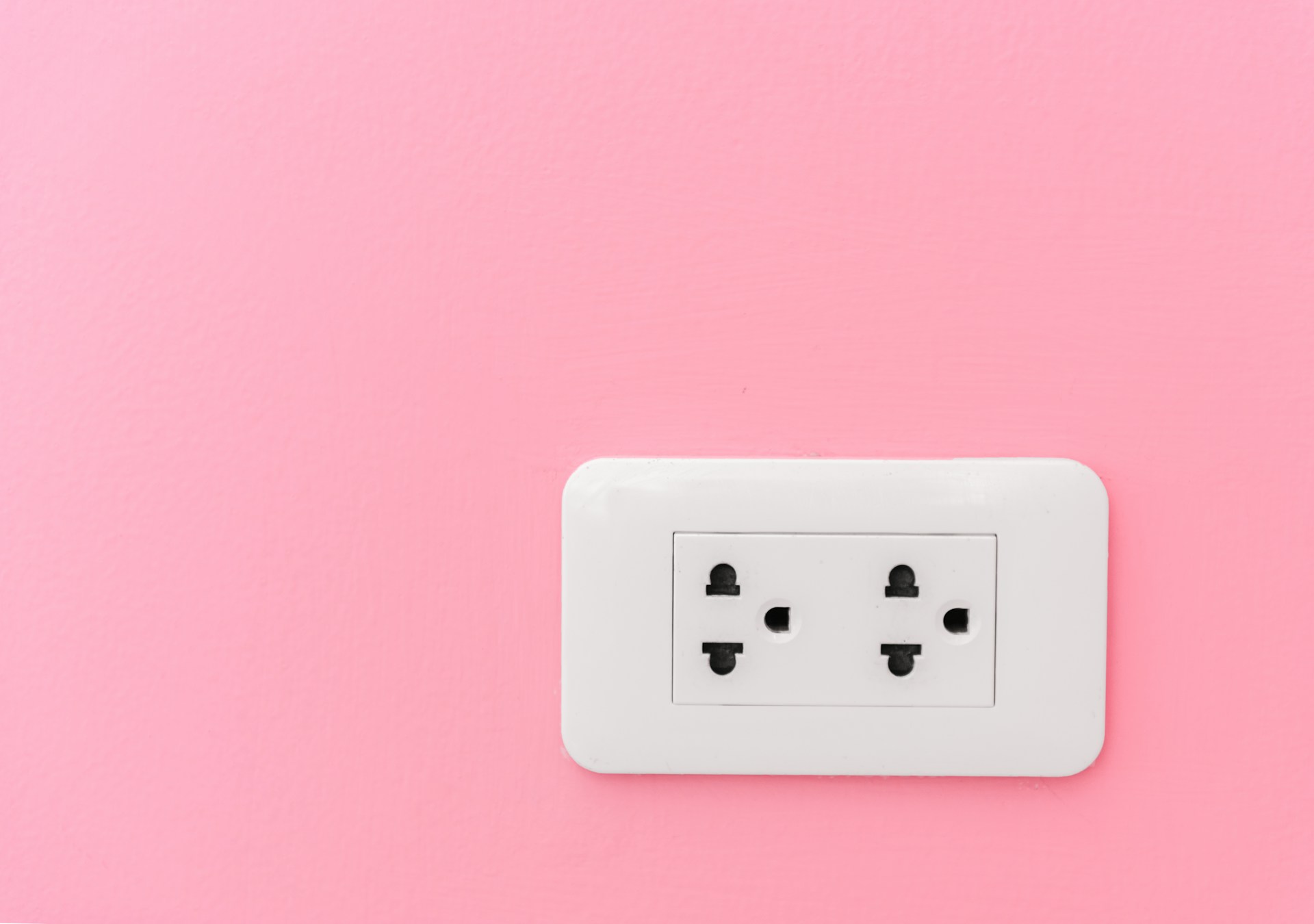
Whole Home Generator Oil Pressure Warnings: Critical Maintenance Needs

Whole home generators offer peace of mind during power outages, but like any equipment with moving parts, they need proper care to function correctly. One issue that should never be ignored is an oil pressure warning. Whether it's a flashing light or a shut-off alert, this signal means your generator is experiencing conditions that could lead to serious damage if left unattended.
For homeowners in Orinda who rely on whole home generators during outages caused by storms or utility failures, understanding the basics of oil pressure is more than just helpful—it’s necessary. Ignoring early signs can result in expensive repairs or system failure right when your household needs it most. Knowing what to look for and taking preventive steps can keep your generator ready when it matters.
Understanding Whole Home Generator Oil Pressure Warnings
Oil pressure warnings are designed to protect your generator. When the pressure drops too low or rises beyond a safe level, a sensor detects the change and sends a warning. In emergency backup systems, this safety feature helps avoid major mechanical failures by triggering an automatic shutoff or alert.
Oil in your generator does more than lubricate parts. It also helps keep the engine cool, prevents corrosion, and keeps your generator running smoothly. If oil pressure is too low, the internal parts may grind together, overheat, or seize up. On the other hand, too much pressure might suggest a blockage or faulty switch, which can stop oil from flowing properly.
In Orinda, where summer outages are possible due to heatwaves or increased energy demands, understanding how oil pressure affects the generator's overall function is an important part of maintenance. For example, starting the generator frequently during short outages or running it for long periods during high-demand months puts extra stress on the system, making correct oil flow even more important.
Common Causes Of Oil Pressure Warnings In Orinda
Several things can lead to oil pressure warnings in whole home generators. These are often tied to use patterns, environmental conditions, or missed maintenance. Homeowners in Orinda might not use their generator regularly, which can lead to oil breaking down and losing viscosity over time. That alone can trigger a pressure issue.
Here are the most common causes to watch for:
- Low oil level: If the oil is too low, there’s not enough to keep the engine lubricated, causing pressure to drop.
- Dirty or aging oil: Over time, oil breaks down and thickens, making it harder to circulate.
- Faulty sensor: Sometimes the pressure sensor itself is damaged or malfunctioning, causing false readings.
- Clogs or blocked oil passages: Dirt, sludge, or metal fragments can block the oil flow, creating higher pressure or strangling flow entirely.
- Cold weather starts: Though less common in Orinda’s warmer climate, thicker oil on a cold morning might move slowly enough to set off a warning.
- Excessive run time: Extended use without rest can cause the generator to overheat, worsening oil problems or stressing internal components.
In a mild climate like Orinda’s, dust and dry air can also contribute to oil contamination. If your generator sits idle for months, extreme temperature changes and air quality may quietly impact the oil’s condition. This is especially common in homes located near unpaved areas or with limited shade. Being aware of these regional factors helps homeowners respond early, protect their investment, and avoid outages during the hottest months.
Maintenance Tips To Prevent Oil Pressure Issues
Keeping your whole home generator in good shape starts with routine maintenance. Many oil pressure problems come from skipped inspections or infrequent use. In Orinda, where outages might be less frequent but still impactful, setting a yearly maintenance routine helps your generator stay ready when you need it.
Use this checklist to help reduce the chance of oil pressure problems:
1. Check and change the oil regularly, even if the generator hasn’t run often. Old oil breaks down and loses its ability to protect the engine.
2. Inspect the oil level monthly. Topping off might work short-term, but low oil could be a sign of leaks or improper burn.
3. Schedule yearly full-system inspections. Catching issues like a worn oil pump or clogged line early can prevent system failure later.
4. Keep the generator clean and free of dust, leaves, or cobwebs. Airborne particles in Orinda’s dry summers can get inside and contaminate the oil.
5. Track how many hours your generator runs. Most units need oil and filter changes after a set number of hours, especially after long summer outages.
6. Run your generator occasionally to circulate oil and test the alerts. A few minutes each month goes a long way in spotting problems early.
Many homeowners think a backup generator doesn’t need attention unless it's running during an outage. Skipping regular upkeep might save time in the short term, but it often leads to unexpected repairs or poor performance right when the power cuts out.
When To Call Our Professionals For Assistance
There are clear signs that it's time to contact our professionals for help. While some maintenance can be scheduled, unexpected warnings or repeated alerts should never be ignored. If you see an oil pressure warning light after checking the oil level or if your unit turns off suddenly during use, it’s best to stop running it and request service.
Common signs that require expert attention include:
- A pressure warning that stays on even after fresh oil is added
- Unusual sputtering, noise, or smoking at startup
- Leaking oil around the base or oil filter
- Generator shuts off by itself
- Alerts that reset temporarily and return after each run
It’s better to let our technicians inspect the system instead of guessing which part is failing. Components like sensors, wiring, and pressurized lines need proper tools and experience to test safely. Getting the problem repaired professionally reduces the risk of future damage and helps protect your home during unreliable power conditions.
Ensuring Longevity Of Your Whole Home Generator In Orinda
Responding early to oil pressure warnings makes a big difference in how long your generator lasts. These systems are made to run for years, but they still need support. Letting oil pressure issues continue can cause internal damage, even if the rest of the unit appears fine on the surface.
Generators that are maintained well tend to start faster, run quietly, and keep the house powered without issue. To get the most out of your unit, stay on top of oil changes, keep an eye on error lights, and avoid waiting until an actual outage to test performance. Many homeowners in Orinda run into problems because their generator sits too long without use, and by the time they need it, minor warning signs have gone unnoticed.
Consistent care and quick response to alerts can help avoid the most common mechanical failures. Keeping dust out, storing oil properly, using the right replacement parts, and scheduling routine checkups are all small steps that can stretch the life of the system for years. Whether your generator runs once a year or several times each summer, making oil pressure part of your regular inspection plan is one of the simplest ways to keep your backup power reliable.
For homeowners who depend on whole home generators in Orinda for reliable backup power, staying on top of maintenance and addressing oil pressure alerts promptly can prevent costly breakdowns. Green Air Heating and Air Conditioning, Inc is ready to provide expert support every step of the way. For a quick estimate or to book a service visit, please contact us today.
Customer Testimonials
Our clients love the energy solutions we provide!
Ready to Transform Your Home?
















